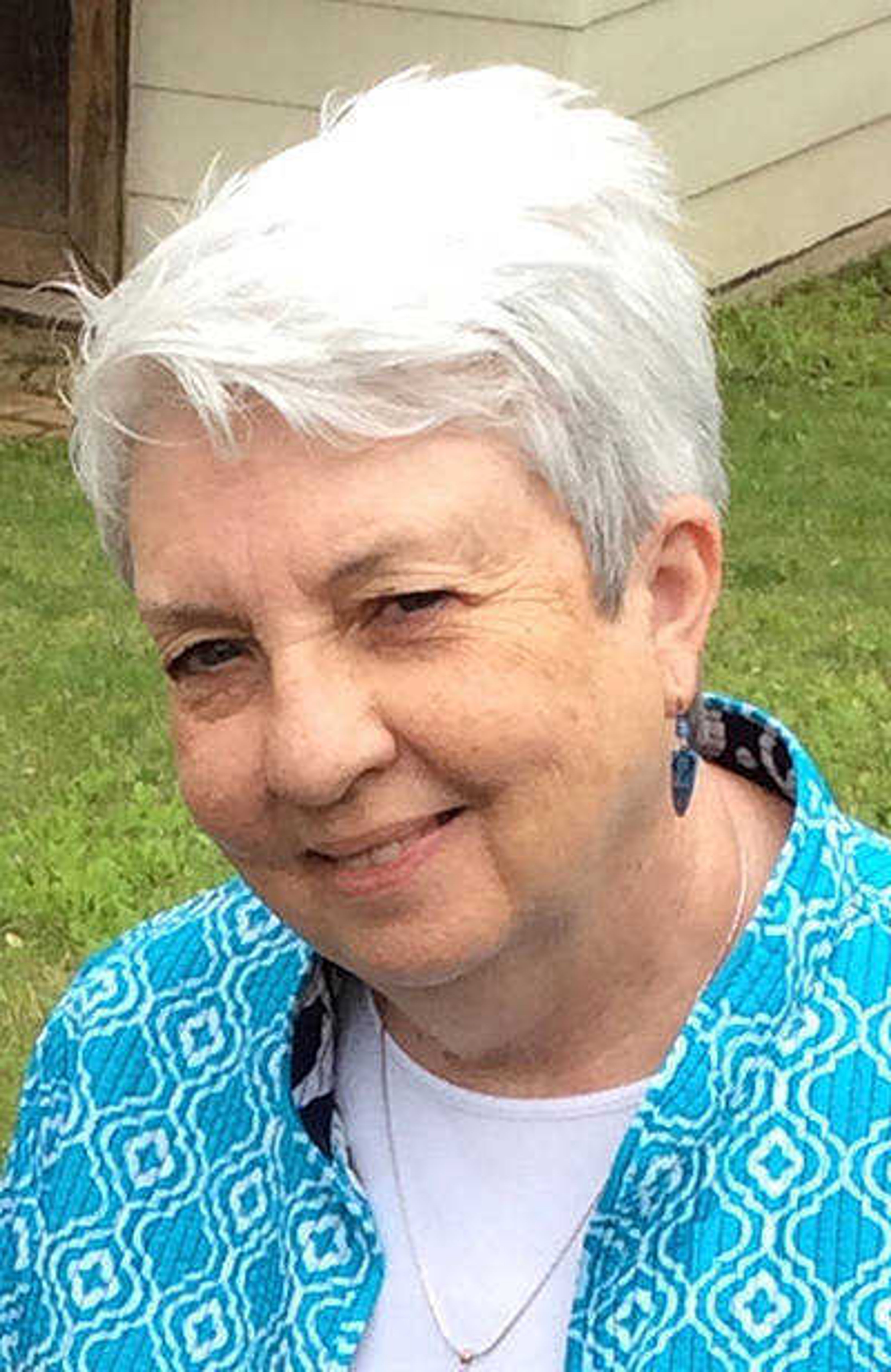The remarkable Amanda Jones
In life, Amanda Jones, and the family she raised, indelibly influenced the uplift of the Black community of Cape Girardeau. Amanda and husband Charles, migrated from Mississippi and first settled in Cape County near Dutchtown, before 1868. Charles worked as a farmhand and their daughter, Rose Xenia, was born in 1869...
In life, Amanda Jones, and the family she raised, indelibly influenced the uplift of the Black community of Cape Girardeau. Amanda and husband Charles, migrated from Mississippi and first settled in Cape County near Dutchtown, before 1868. Charles worked as a farmhand and their daughter, Rose Xenia, was born in 1869.
Charles Jones was among "trustees of Second Colored Baptist Church" in 1874 county deed records for the purchase of property on which the church at 423 South Frederick was erected. Histories of the city and both Baptist churches (white and Black) revere "Charlie" and Amanda's role as charter members and constructing the church house, providing spiritual independence to Baptists of African descent. Generations of the Jones family served as Sunday School teachers, choir members, mission workers, and preachers there, and area congregations.
By early 1900s, the expanding Jones family moved to a large, bustling, multi-generational home at 413 North Sprigg. Descendants say formable Amanda ran her household based on proprieties formed during her enslaved youth. Meals were balanced, formal, served plated on tables laid with ironed linens, three times daily. Children were to speak grammatically, carelessness required contribution to a coin jar. Once, a granddaughter neglected a grey-eyed cat, preferring ones with dark-eyes like hers. Amanda taught her eye colors made no difference, and, like people, all should be treated the same. Amanda's lessons were passed down, generationally.
Amanda valued education and service, evidenced in her descendants, notable leaders in their own rights. Generational daughters taught public school, advocated for civil rights, and wrote for the St. Louis Argus newspaper. Sons were railroad workers, baseball players, businessmen, and musicians.
Income was earned washing and ironing other's laundry. Jones women also catered and served parties and galas for elite white society organizations.
Holidays regathered the extended Jones family. Renowned for performing musicals and plays, local friends coveted invitations to attend. Descendants attribute the Jones' holiday tradition and formal dining preferences to Amanda's upbringing as an enslaved housemaid of Varina Davis, wife of Confederate President, Jefferson Davis.
Scrutiny of Davis history at Briarfield plantation in Mississippi, implies Amanda was a young girl when housemaid responsibilities were imposed on her. Public records (1860) show, between brothers Joseph and Jefferson Davis, 479 people were enslaved on their adjoining Warren County plantations. Born soon after the Davises wed, Amanda became of age to serve the big house when their children were infants, before relocation to Richmond, and before the Union Army occupied Briarfield, in 1862, freeing those enslaved.
August 1, 1931, the Southeast Missourian headlined a brief article: "Negro Woman, 85, Maid of Wife of Jeff Davis, Dies".
In memorial, Amanda's bondage to quasi-celebrity Varina Davis seemed overvalued, while contributions to her chosen community largely ignored. Newspaper readers, included Cape's active United Daughters of the Confederacy, nostalgic for narratives of revisionist Southern history. Their monument to Confederate States and soldiers was erected three months later.
Now, on the ninetieth anniversary of her passing, Amanda Jones' remarkable life in freedom is rightfully celebrated!
Connect with the Southeast Missourian Newsroom:
For corrections to this story or other insights for the editor, click here. To submit a letter to the editor, click here. To learn about the Southeast Missourian’s AI Policy, click here.











